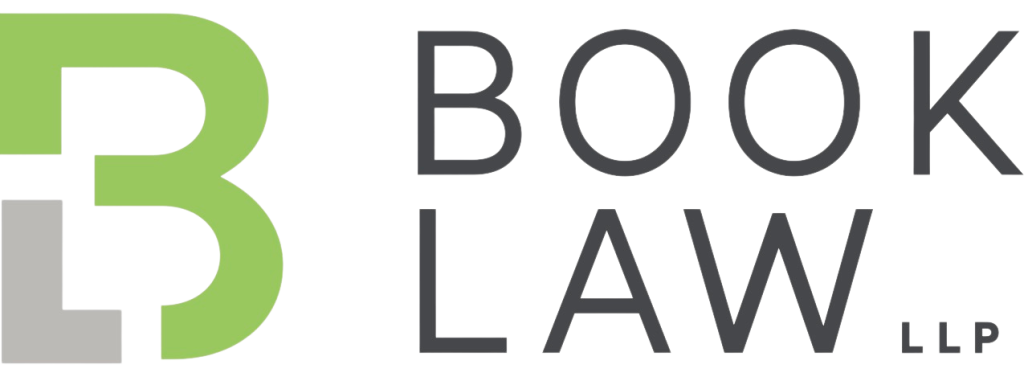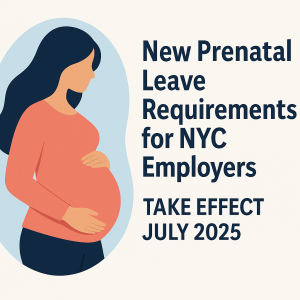Last month, a New York federal court (the “Court”) struck down parts of the U.S. Department of Labor’s (“DOL”) regulations (“Rule”) on the Families First Coronavirus Response Act (“FFCRA”). In response, the DOL revised portions of its Rule on September 11, 2020. The DOL stated in its updated FAQs (#102) that it considers the Court’s decision to apply nationwide, and therefore the revised Rule applies nationwide. The revised Rule is effective as of September 16, 2020, and will expire when FFCRA expires on December 31, 2020.
The Court’s decision had invalidated: (1) the work-availability requirement; (2) the definition of “health care provider” for purposes of the exemption; (3) the requirement that employees obtain their employer’s consent to take intermittent leave; and (4) the requirement that employees provide supporting documentation before taking FFCRA leave.
The DOL revised its Rule as follows:
- Work-availability requirement: Reaffirms that employees may take FFCRA leave (for any of its six reasons) only if their employer does not have work available for the employees. In response to the Decision’s finding that the DOL’s Rule was unreasoned, the DOL explains its rule through its interpretations of the statute. Among other things, the DOL notes that there would be no reason for an employee to take leave if the employer did not have work available for the employee. The DOL warns employers to not purposely fail to have work available for the employee for an employee in order to avoid granting FFCRA leave. The DOL further explains that its Rule is consistent with the purpose of FFCRA, which is to discourage potentially infected employees from going the worksite.
- Definition of “health care provider”: Revises and essentially narrows the definition of “health care provider” for the purposes of determining which employees may be excluded from paid leave under FFCRA. The new definition focuses on the employee, not the employer. It includes only employees who are health care providers under the Family and Medical Leave Act (“FMLA”) or who provide diagnostic, preventive, or treatment services, or who provide other services integral and necessary to providing patient care, enough to adversely impact the patient if care is not provided.
- Consent for intermittent leave: Reaffirms and further explains the requirement that employees need consent from their employer to take intermittent leave under the FFCRA. The requirement applies when teleworking employees seek intermittent leave for any reason, or when employees at the worksite seek intermittent leave to care for a child whose school or child care is closed or unavailable due to COVID-19. The DOL explains that employer consent is required for the same reason it is required for certain FMLA leaves: in order to minimize business disruptions. The DOL added that, just as employees require their employers’ consent to telework, they also require their employers’ consent to telework intermittently due to a FFCRA leave reason.
- Documentation for leave request: Clarifies that employees requesting sick leave under FFCRA must provide supporting documentation to their employer as soon as practicable, but need not provide such documentation prior to taking leave. The DOL stated that “as soon as practicable” would likely be when the employee gives notice to their employer of their need for FFCRA leave. In situations where the employee needs to take expanded family and medical leave (“EFMLEA”) to care for their child home due to school closure, the DOL stated that where the employee knows in advance of the school closure, the employee would be expected to give notice and provide documentation of the leave request prior to taking leave. If the employee does not have advance notice of the school closure, the employee would be expected to give notice and documentation as soon as practicable.
It remains unclear whether the New York State Attorney General will challenge the revised Rule, to the extent the DOL reinstated its rules on the work-availability requirement or intermittent leave. Nevertheless, under the revised Rule employers (i) should allow employees to take FFCRA leave for the reasons provided by the law when they would otherwise be able to work or telework; (ii) should provide FFCRA leave to employees who are not themselves health care providers, even if the employer is a health care provider; (iii) may require employees to seek permission to take intermittent leave as defined by the revised l Rule; and (iv) should not require documentation for FFCRA leave requests prior to the employee taking FFCRA leave.
If you have any questions or concerns about the revised l Rule or FFCRA, you may contact Chaim Book at cbook@mb-llp.com or Sheryl Galler at sgaller@mb-llp.com.

